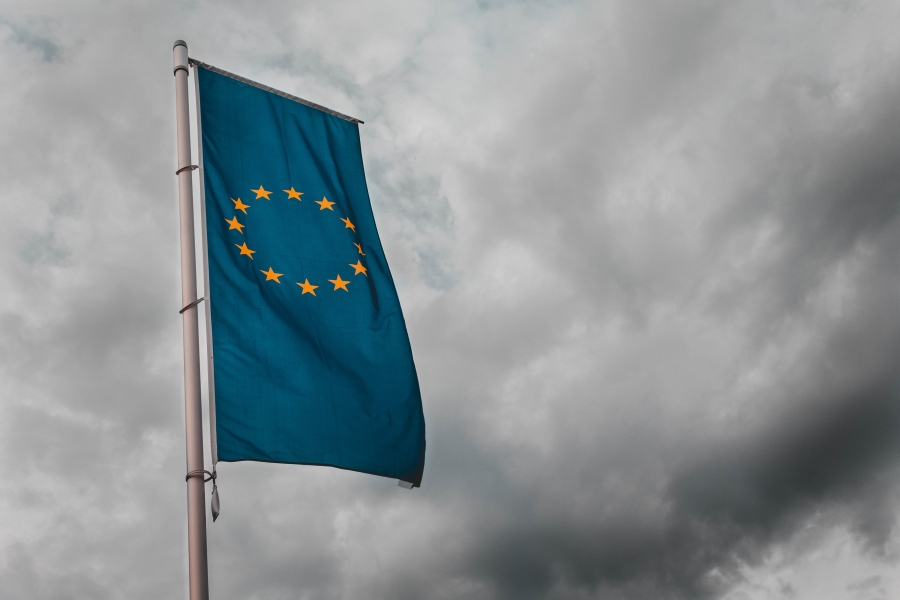EU’s Finance Commissioner pledges common regulations for crypto-assets like Libra

On Tuesday, the EU’s Finance Commissioner, Valdis Dombrovskis, pledged that he would propose new rules to regulate virtual currencies such as Libra, following his reappointment. This is an interesting statement to make as in the five years he has served so far, Dombrovskis has not taken any steps to regulate digital assets, despite a series of scandals at banks in his home country, Latvia, and other member countries of the European Union. According to Reuters, Valdis Dombrovskis told EU lawmakers,
“Europe needs a common approach on crypto-assets such as Libra. I intend to propose new legislation on this. In regulating virtual currencies, the EU should tackle unfair competition, cybersecurity, and threats to financial stability.”
While France and Germany have stated that Libra could limit their control over the financial sector, the EU currently does not have specific regulations for cryptocurrencies. This stems from how small of an impact cryptocurrency trading has on the fiat economy, with only a fraction of digital assets being converted into Euros. Libra however, could change that.
With the EU now pushing the G20 for global action on cryptocurrencies, Dombrovskis said that Libra could pose risks to financial stability owing to its scale, with millions of users in Europe already invested in the platform in one form or another.
Dombrovskis added that the new rules should focus on protecting financial stability and consumers, while tackling risks concerning money laundering via cryptocurrencies due to their ability to cross borders easily. The former Prime Minister of Latvia also said that the EU now needed to rework their systems to fight financial crimes.
During his address, he also pledged a ‘sustainable European investment plan’ which would release €1 trillion of private and public green investment over the next ten years. While most of the money for this project is expected to come from the private sector, he claimed that the plan would be based on guarantees and funds provided by the European Investment Bank and the European budget.






